
Information on Elderberry
Elderberry is also sometimes referred to as sambucus, and it is actually a separate genus of approximately 30 different types of species. Elderberry is a shrub, and all of its different parts serve an individual beneficial purpose. Elderberry is characterized by purple edible berries which are often used for the production of jellies and jams, as well as even refreshing wine or home-made juice.
Elderberry extract that is made from the flowers and the berries can be used for the production of different types of dyes and for various medicinal purposes. A tea can be made from elderberry flower petals as well. The plant is also characterized by hardwood which can be used for the production of combs, toys, spindles, and musical instruments.
Medicinal Uses of Elderberry
Different parts of the elderberry plant have traditionally been used for the prevention and treatment of numerous medical conditions and ailments. The berries and flowers are rich in flavonoids, antioxidants, and vitamin C, and they can be of great help when it comes to the prevention and treatment of certain medical conditions such as painful sensations, congestion, swelling, decreased urine production and inflammatory conditions.
Elderberry also has very potent diaphoretic (inducing perspiration) properties. Elderberry bark is known for its powerful diuretic (inducing the elimination of excess fluid) and laxative properties, and because of this, it can be used for the induction of vomiting.
Elderberry juice can be used to reduce or alleviate certain types of symptoms which are usually associated with influenza and other upper respiratory conditions. The symptoms elderberry juice is said to help with include fever, body aches, sore throat, and headaches. Elderberry is also very efficient in reducing the excessive secretion of sinus mucus, which is always associated bacterial sinusitis. Sinus infections can, according to some, be treated with elderberry.
Elderberry-based herbal products are available on the market which can be used for the treatment of bronchitis. Elderberry juice can also be of great help when it comes to decreasing the levels of bad cholesterol in the blood and increasing the levels of good cholesterol in the blood.
Elderberry Side Effects: What Do You Need to Know?
Elderberry can sometimes induce allergic reactions, which usually occur in people who are also allergic to any plants that belong to the honeysuckle family which is scientifically referred to as caprifoliaceae.
The symptoms of an allergic reaction include skin rash, difficulty breathing (dyspnea) and skin irritation. Elderberry juice can also result in with certain adverse effects such as diarrhea, weakness, and abdominal cramps and vomiting, when consumed in excess doses.
Elderberry may sometimes causing a reduction in blood sugar levels, a rapid heart rate, dizziness, convulsions, and different types of headaches.
Because the pips inside the berries are poisonous, you should remove these before making any kind of jam, jelly, tincture, or wine with elderberry. Commercially available products containing elderberry have a higher chance of being safe, but due to the lack of regulation of herbal medicine in many jurisdictions, caution is always advised.



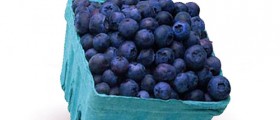

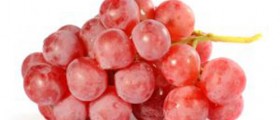
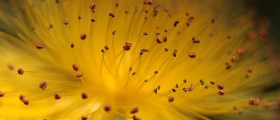


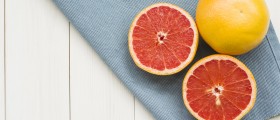
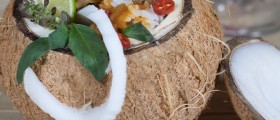




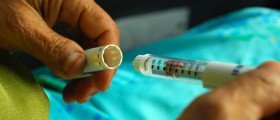
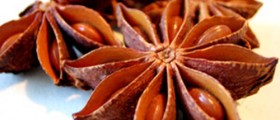
Your thoughts on this
Loading...